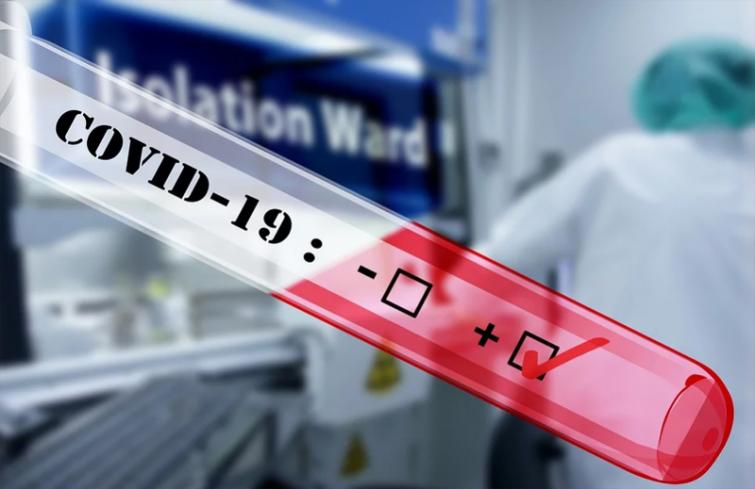
Take ‘all appropriate public health measures’ to protect detainees from coronavirus, UN urges
New York/IBNS: UN agency chiefs on Wednesday highlighted the heightened vulnerability to COVID-19 of detainees, and others in confinement, urging Governments to take “all appropriate public health measures” to keep them safe from the deadly disease.
“We emphasize the need to minimize the occurrence of the disease in these settings and to guarantee that adequate preventive measures are in place to ensure a gender-responsive approach and preventing large outbreaks of COVID-19”, the heads of the UN Office on Drugs and Crime (UNODC), World Health Organization (WHO), UN High Commissioner for Human Rights (OHCHR) and the UN agency leading the fight against HIV/AIDS (UNAIDS) said in a signed statement.
UNODC’s Ghada Fathi Waly; WHO chief Tedros Adhanom Ghebreyesus; Winnie Byanyima of UNAIDS; and High Commissioner Michelle Bachelet, also emphasized the need to “establish an up-to-date coordination system that brings together health and justice sectors, keeps prison staff well-informed and guarantees that all human rights in these settings are respected”.
Reduce overcrowding
Overcrowding in many detention sites undermines hygiene, health, safety and human dignity, causing an “insurmountable obstacle for preventing, preparing for or responding to COVID-19”, they said, urging policymakers to “consider limiting the deprivation of liberty…to a measure of last resort, particularly in the case of overcrowding”.
They also pushed for the release of non-violent detainees as well as for those at high-risk, such as the elderly and people with pre-existing health conditions and advocated for increased hygiene to prevent or limit the spread of the coronavirus.
“A swift and firm response aimed at ensuring healthy and safe custody, and reducing overcrowding, is essential to mitigate the risk of COVID-19 entering and spreading in prisons and other places of deprivation of liberty”, they stated.
Every country must ensure the security, health and human dignity of people deprived of their liberty and those working in places of detention – irrespective of any state of emergency.
“Enhancing prevention and control measures in closed settings as well as increasing access to quality health services, including uninterrupted access to the prevention and treatment of HIV, TB, hepatitis and opioid dependence, are therefore required”, the UN leaders said.
They also maintained that human rights must be respected, underscoring that restrictions “must be necessary, evidence-informed, proportionate …and non-arbitrary”.
“We urge political leaders to ensure that COVID-19 preparedness and responses in closed settings are identified and implemented in line with fundamental human rights”, guided by WHO guidance and never amount to cruel, inhuman or degrading treatment or punishment.
Coronavirus impact on homicide
Separately, UNODC cited data from its latest report in flagging that COVID-19 sheltering-in-place measures have had little impact on murder rates, possibly due to organized crime and youth gangs continued to use violence routinely, in the period from March to mid-April.
However, “data also shows that in countries with low levels of homicide, intensity of lockdown measures seems to have drastically reduced violence”, according to the report.
UNODC acknowledged that assessing the impact on domestic violence is challenging, saying that while gender-based killings declined in some countries, “requests for assistance helplines or service centres protecting victims of gender violence increased”, in many others.
Support Our Journalism
We cannot do without you.. your contribution supports unbiased journalism
IBNS is not driven by any ism- not wokeism, not racism, not skewed secularism, not hyper right-wing or left liberal ideals, nor by any hardline religious beliefs or hyper nationalism. We want to serve you good old objective news, as they are. We do not judge or preach. We let people decide for themselves. We only try to present factual and well-sourced news.







